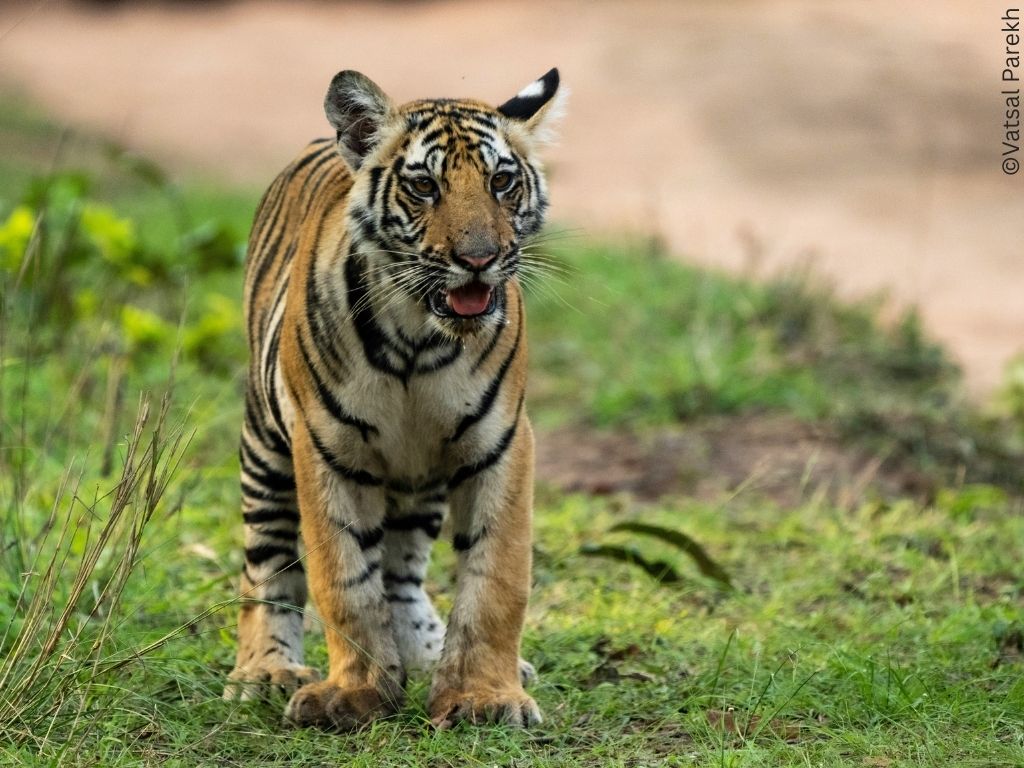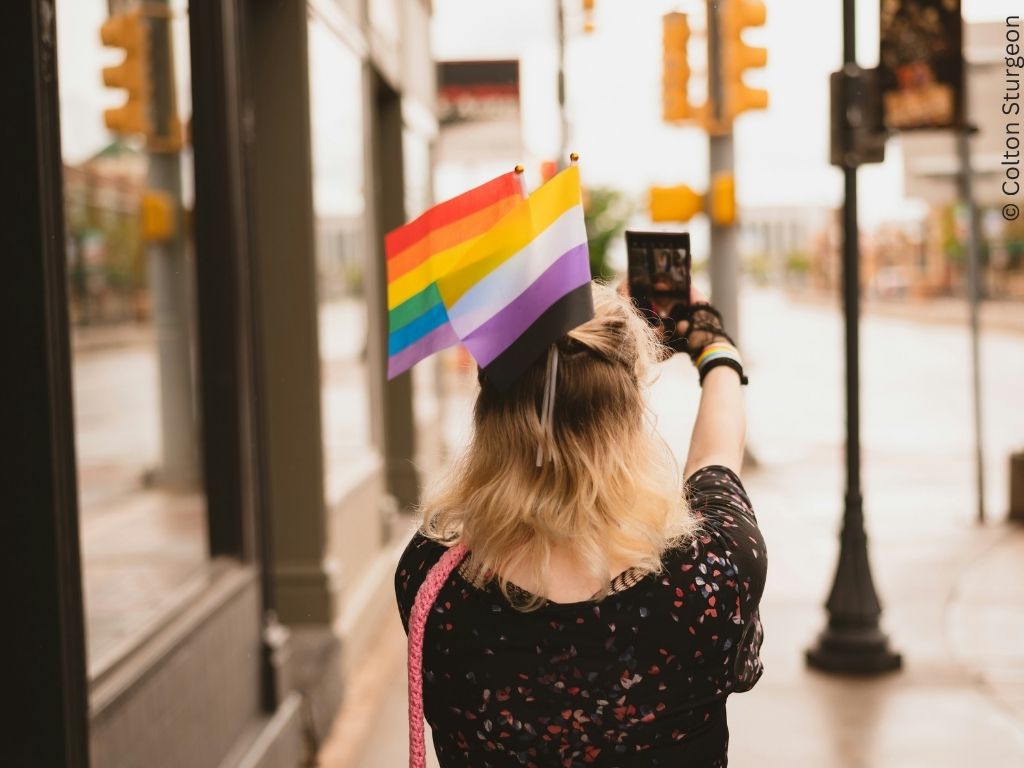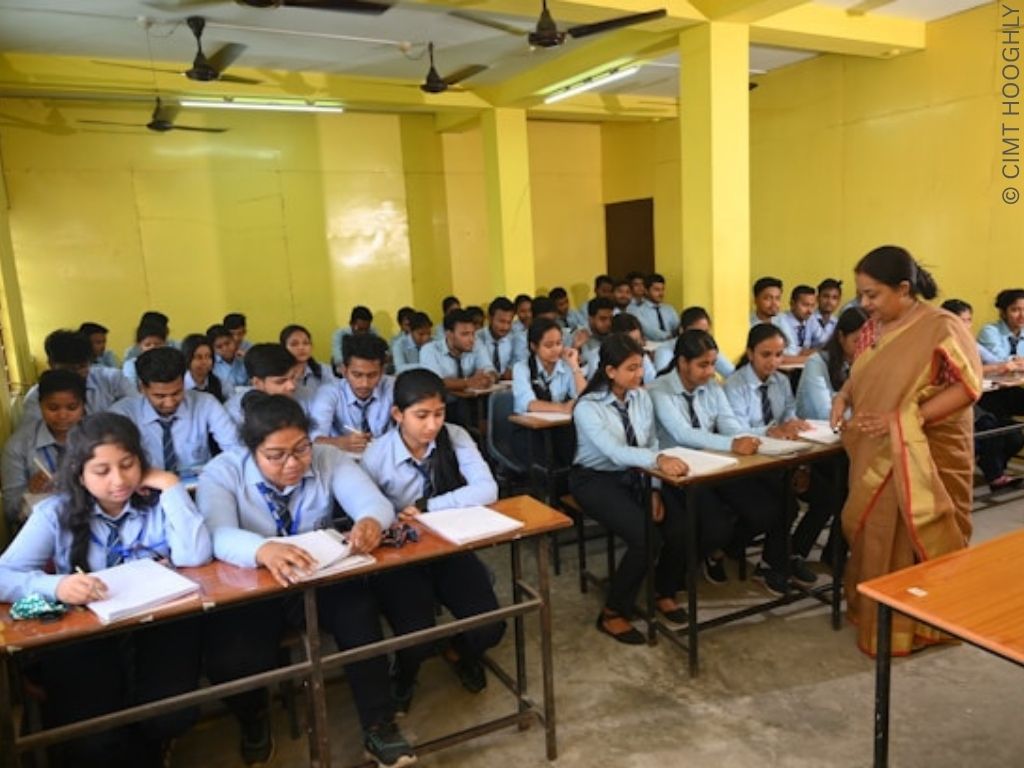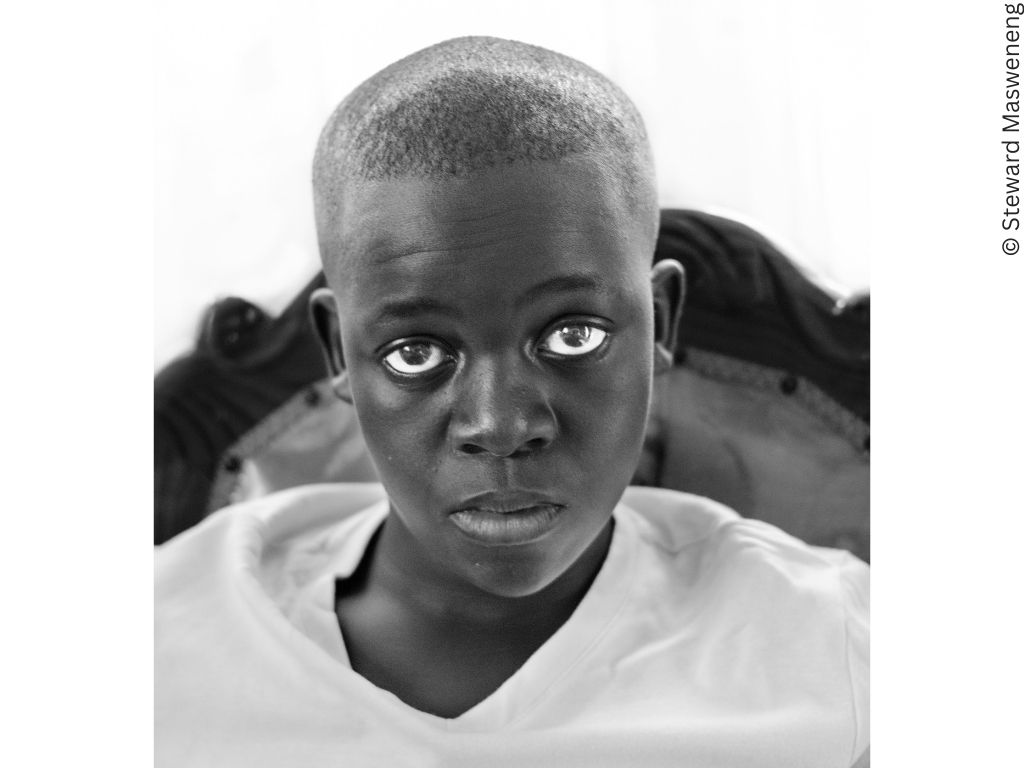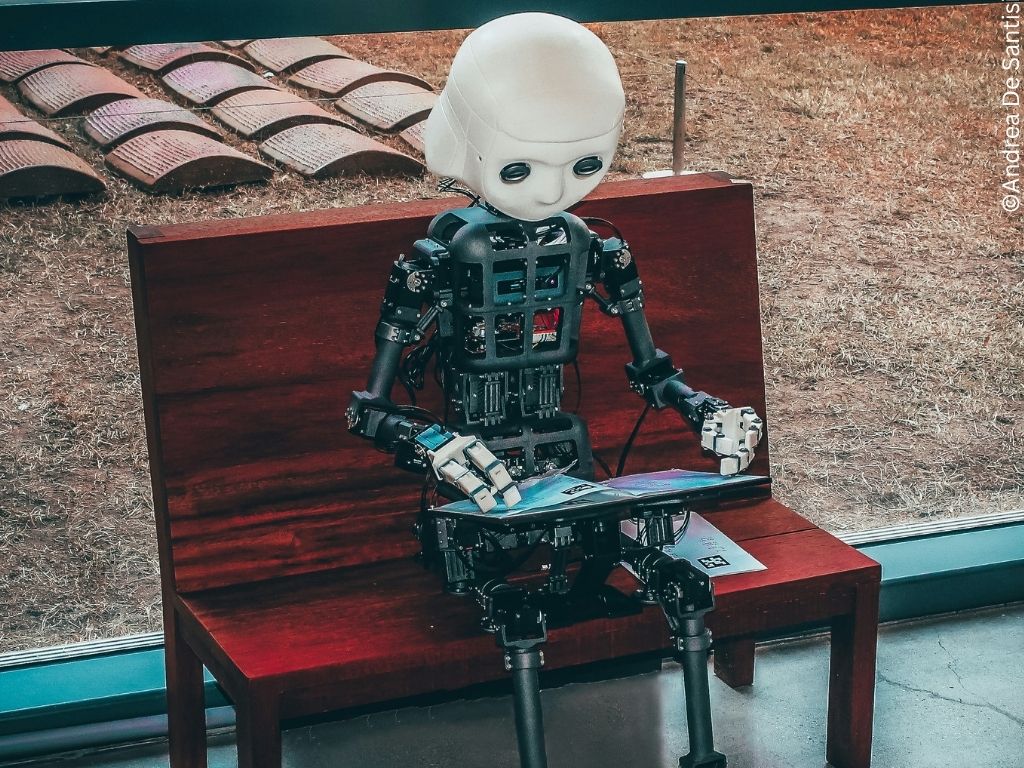Vol. 3 No. 1 (2025): Leaf Journal: On Writing for Young People

Volume Three of Leaf Journal contains ten new article with a greater international focus than ever. Three loose themes emerged from the successful submissions: LGBTQ+ writing for young people; writing through a disability and mental health lens and finally, explorations of the intersections of craft and ethics. As a collection they form a timely and important provocation to contemporary writers for children and young adults.
Published:
03.07.2025

